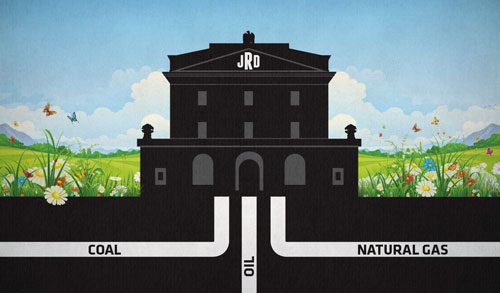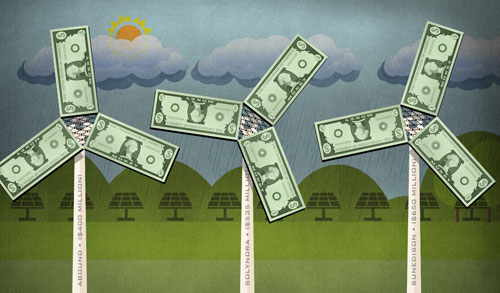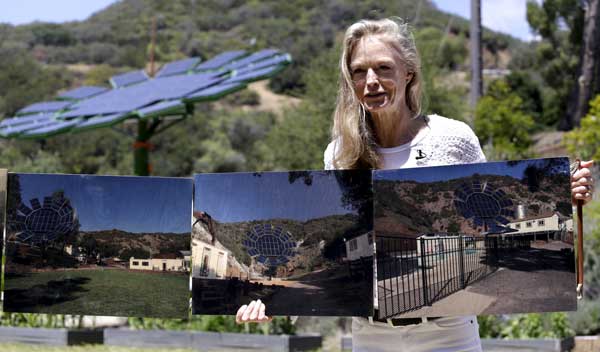Welcome to Our Research Archive
Search and filter by content type, issue area, author, and keyword

September 29, 2016
The Carbon Tax Is Not Just Political; It’s Ineffective, Too
In a recent editorial in support of a carbon tax, The Washington Post complains that “Americans are burning record amounts of gasoline,” arguing that “one of the most glaring … flaws” of the “Environmental Protection Agency fuel-efficiency mandates” is the reality that the regulations “cannot control how much people drive or what type of vehicles people buy.”…

August 8, 2016
More Regulatory Magic from the EPA
I wrote recently about the manipulation of benefit/cost analysis by the Environmental Protection Agency (EPA), and more generally about the adverse implications of the evolution of the federal bureaucracy into an interest group driven by both budget and ideological imperatives. This reality now emerges frequently, with little effort to hide it, the most recent example of which is an…

August 1, 2016
Missing the Forest for the Trees on Solar Net Metering
In a recent essay on the solar photovoltaic (PV or “rooftop”) power market, Mark Muro and Devashree Saha of the Brookings Institute applaud the net metering system of subsidizing such rooftop installations, concluding that the system is a “net benefit” for both the recipients and the non-recipients of the subsidy; that is, for all power consumers. The…

June 30, 2016
Springtime for the Rockefellers
The weather warms. The flowers bloom. The garden parties begin anew, and nothing is worse than waiting day after agonizing day for invitations that never come. So why not make an early bid for the most prestigious gatherings, by making a gesture simultaneously empty, loud, in tune with right-minded thinking, and utterly hypocritical? Dianne Ingram…

June 6, 2016
The Magic of the EPA’s Benefit/cost Analysis
Benefit/cost analysis: It sounds so scientific, so rational, so impartial. So sound as a tool with which to resolve conflicting assertions about the wisdom of regulatory proposals. So divorced from partisanship or ideological influence. A truck engine is tested for pollution exiting its exhaust pipe in California. REUTERS/Mike Blake Oh, please. Democracy is the art…

May 20, 2016
The Incoherence of Sustainability
“Sustainability” is a popular buzzword in the public discussion of energy and environment policies generally and in the defense of subsidies for “renewable” energy in particular. But the definition of that term is highly elusive, as illustrated by the Environmental Protection Agency’s discussion: Human ingenuity is the “ultimate resource.” Credit: Twenty20 Apart from being incorrect substantively…

April 22, 2016
Earth Day and the Triumph of Dogbert
It is Earth Day, when pieties flow like wine, when the self-applause of the right-thinking is deafening, when the antihuman core of modern environmentalism shines bright, and when the destructiveness of groupthink becomes ever more pronounced. And when an understanding of its true meaning is served by the profound wisdom of that noted political philosopher and sage…

February 4, 2016
Shut Up, She Explained: My Request for Climate Evidence
Policy research in the Beltway offers numerous attractions, among them the opportunity to exchange views and engage in back-and-forth challenges with other experts, in settings both formal and informal. Such activities are more than merely fun: Intellectual atrophy is the inexorable result of living in an echo chamber, an effect that can be avoided through…

January 19, 2016
Subsidizing the Rich Through California’s Solar Scheme
Residential consumers of electricity in California pay almost 17 cents per kilowatt-hour (kWh), a price higher than those of every other state in the lower 48, except New York and five of the New England states. The average for the nation as a whole is about 12.7 cents per kWh. Neighboring states in the Pacific…

December 18, 2015
An Agreement to Prop up the Climate Industry
The question before us is straightforward: Is the Paris climate agreement to limit greenhouse gas emissions a good strategy? A strategy, of course, is a set of tools used to achieve some goal. It is not the goal itself. Accordingly, we must ask: What is the goal? Twenty20 License If it is some unspecified reduction…